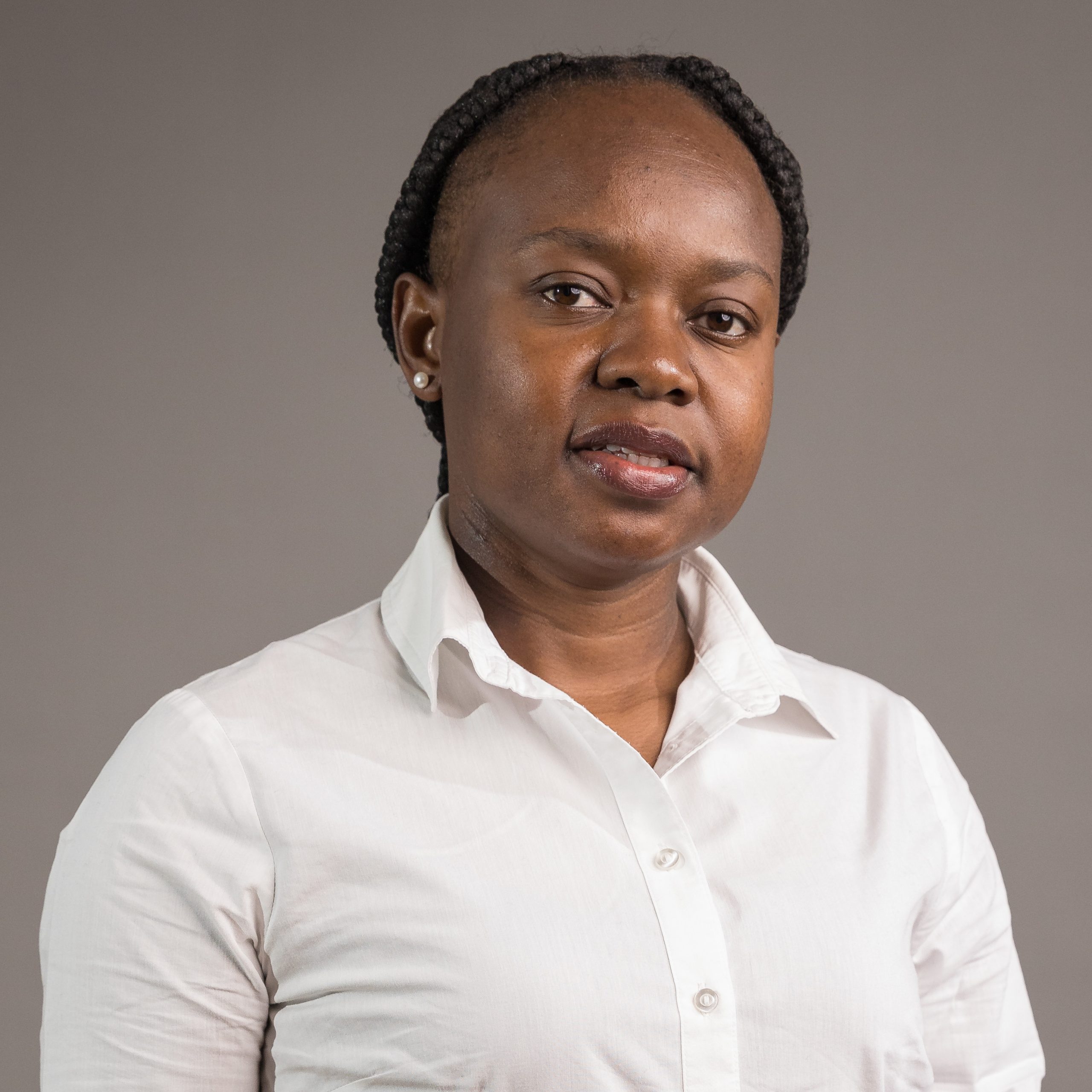CONTRIBUTORS

Pauline Ochieng
Grants Officer
Proposal writing is the core of successful resource mobilization for non-profit organizations. In the current competitive funding environment, development partners are increasingly expecting to see multi-stakeholder and interdisciplinary collaborations built into project designs. Strategic partnerships are vital from the very beginning. Finding and securing partners whose skills, networks, and institutional priorities complement the proposal’s goals boosts credibility and strengthens the proposal’s appeal. The right partnerships transform good ideas into compelling, fundable solutions with the power to deliver real change.
Choosing the right partners is crucial not only for winning proposals but also for delivering a lasting impact once the project is underway. Insights and recommendations from staff who have previously collaborated with potential partners, whether in crafting proposals or implementing projects, can be invaluable in selecting trustworthy collaborators. Equally important is steering clear of partners with a track record of poor performance or conflict, which can derail even the strongest ideas. A strategic and referral-based approach to partnership selection protects the integrity of the proposal and lays the groundwork for smooth and effective project delivery.
When new partners are brought on board during proposal development, it is essential to conduct pre-due diligence assessments. The process involves evaluating whether the organization possesses the necessary technical expertise for the proposal, examining its track record with similar projects, verifying its registration and legal status, reviewing audited financial statements, and checking for any history of mismanagement or compliance issues. More due diligence on the partners is carried out after a contract award. These preliminary steps help ensure alignment in expectations, capacities, and institutional values. Then, a teaming agreement is shared with partners for their signing. Hosting inclusive proposal development meetings where all partners actively contribute to co-creating the proposal builds trust, fosters ownership, and aligns everyone behind a shared vision. Early engagement also facilitates smoother collaboration and minimizes misunderstandings down the line, and lays a strong foundation for success.
Roles and responsibilities in the proposal development process should be clearly defined and assigned based on each partner’s strengths. Timelines should be communicated from the onset to promote accountability and efficiency. Lack of role clarity can lead to confusion, delays, and conflict, ultimately compromising the quality and timeliness of the submission. Clearly articulated roles in the teaming agreement, signed at the beginning of the process, serve as a binding commitment that helps mitigate potential disputes. Many teaming contracts also include a termination clause, which defines how partners can withdraw from the arrangement if necessary, ensuring that an exit does not jeopardize the proposal or the remaining team’s ability to deliver. In the absence of such agreements, partners may make unrealistic demands or challenge agreed-upon responsibilities, disrupting the development process.
Strong leadership is essential in navigating multi-partner dynamics. The lead organization must provide clear guidance, manage expectations, and maintain accountability to ensure effective project management. When conflicts arise and cannot be resolved promptly, it may be necessary to disengage from uncooperative partners and seek alternative collaborators who are better aligned with the proposal’s goals and the organization’s values. Strategic partnerships built on trust, clarity, and shared vision are essential in driving the organization’s agenda and maximizing impact. Securing these partnerships at the proposal stage lays a strong foundation for smooth project execution once funding is secured and reinforces credibility with funders.